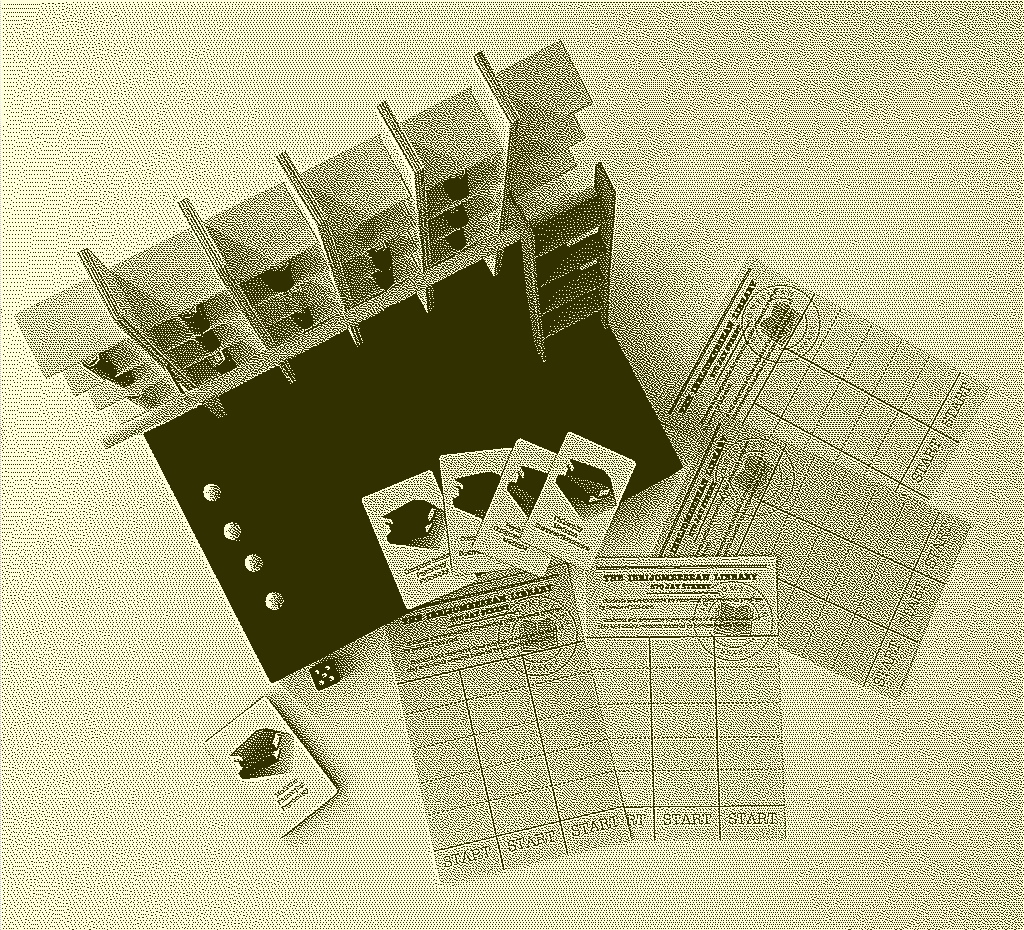
Jennifer Lim
As game and interaction designers we create systems and choices that can either prey upon our psychological foibles or help us avoid decision pitfalls. It is our responsibility to understand how we decide, to consider the ethics of the systems we create and to practice designing systems in a purposeful manner.
Game Design & The Psychology of Choice will provide interaction and game designers with an understanding of the factors that influence behavior and decision-making by looking at the intertwining of cognitive psychology and economics through the development of behavioral economics. These disciplines study behavior on the individual and group level, often revealing some of the why behind the rules of thumb and folk wisdom that game designers come to intuitively. But understanding the why—why we fall into decision traps; why certain tradeoffs tax our brain more than others; why we are overconfident about our abilities; why certain decisions make us uncomfortable—allows us to more purposefully apply our design craft, both in and out of games. Finally, as a class, we will take what we learn about how we think and create series of game experiences based around key cognitive science concepts.
Assignments may include:
- Mod a cognitive science experiment into a game or experience
- Analyze and present a game through the lens of cognitive science and behavioral economics
- Create game or experience based around a particular insight from cognitive science or behavioral economics